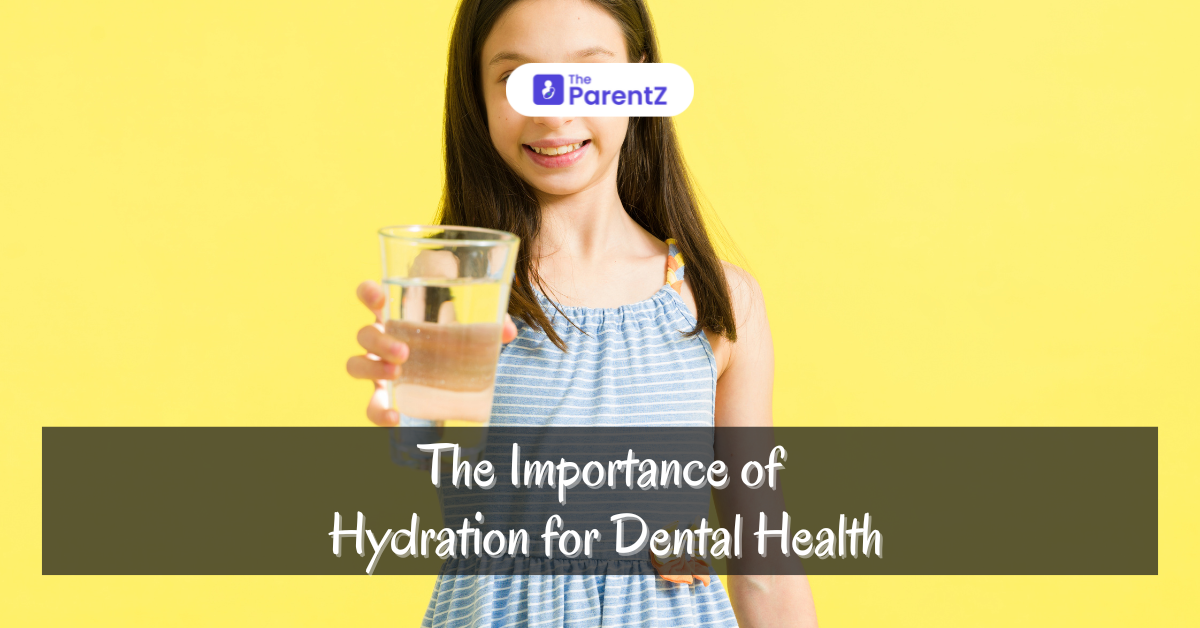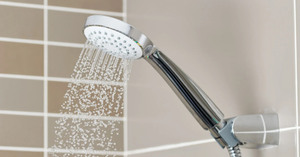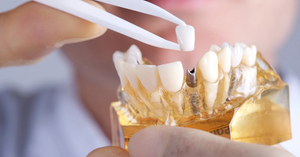Maintaining proper hydration is crucial not only for overall health but also for dental well-being. Water plays a vital role in maintaining oral hygiene, supporting the health of gums, and preventing dental diseases. This article explores the significance of hydration for dental health and highlights some proven studies that underscore its benefits.
Benefits of Hydration
1. Saliva Production and Its Role
Saliva is essential for oral health as it helps in washing away food particles, neutralizing acids produced by bacteria, and providing disease-fighting substances throughout the mouth. Adequate hydration ensures a healthy flow of saliva, which is crucial for maintaining a balanced oral environment.
2. Prevention of Dry Mouth (Xerostomia)
Dry mouth, or xerostomia, can lead to several dental issues, including tooth decay, gum disease, and bad breath. A well-hydrated body produces sufficient saliva, helping to prevent the symptoms and complications associated with dry mouth.
3. pH Balance and Acid Neutralization
Water helps maintain the pH balance in the mouth. When the mouth becomes too acidic, it can erode enamel and increase the risk of cavities. Drinking water, especially after meals or sugary drinks, helps to rinse away food particles and sugars, and neutralize acids that can harm tooth enamel.
4. Supporting Gum Health
Hydration plays a key role in keeping the gums healthy. Saliva contains essential proteins and minerals that protect the gums and prevent bacterial growth. Proper hydration ensures these protective mechanisms are functioning optimally, reducing the risk of gum disease.
5. Overall Oral Cleanliness
Water is a natural cleanser for the mouth. Unlike sugary drinks or juices, water does not contribute to plaque build-up or tooth decay. Rinsing the mouth with water after eating can help remove food particles and reduce the risk of developing dental issues.
Proven Studies on Hydration and Dental Health
1. Salivary Flow and Xerostomia: A study published in the Journal of the American Dental Association highlighted that increased water intake significantly enhances saliva production, thereby reducing the incidence of xerostomia and its associated dental complications.
2. Water as a Neutralizing Agent: Research in the Journal of Dentistry demonstrated that drinking water after consuming acidic beverages helps neutralize oral acidity, protecting the enamel from erosion.
3. Hydration and Gum Health: A study in the Journal of Clinical Periodontology found a positive correlation between adequate hydration and reduced signs of gum inflammation. The study emphasized that individuals with higher water intake had healthier gums and lower rates of periodontal disease.
4. Prevention of Dental Caries: The International Journal of Paediatric Dentistry reported that children who consumed more water had lower incidences of dental caries. The study attributed this to water’s role in reducing sugar residue and bacteria in the mouth.
Conclusion
Staying well-hydrated is a simple yet effective way to maintain good dental health. From promoting saliva production to neutralizing harmful acids, water plays a multifaceted role in protecting teeth and gums. Incorporating adequate water intake into daily routines, along with regular dental check-ups and good oral hygiene practices, can significantly enhance dental health and prevent potential issues.
Encouraging the consumption of water over sugary drinks and educating patients on the importance of hydration can lead to healthier smiles and better overall well-being.








Be the first one to comment on this story.